
Email me if you’re interested in more information! The Inspired Therapist
Thank you for checking out my site!
Xoxo
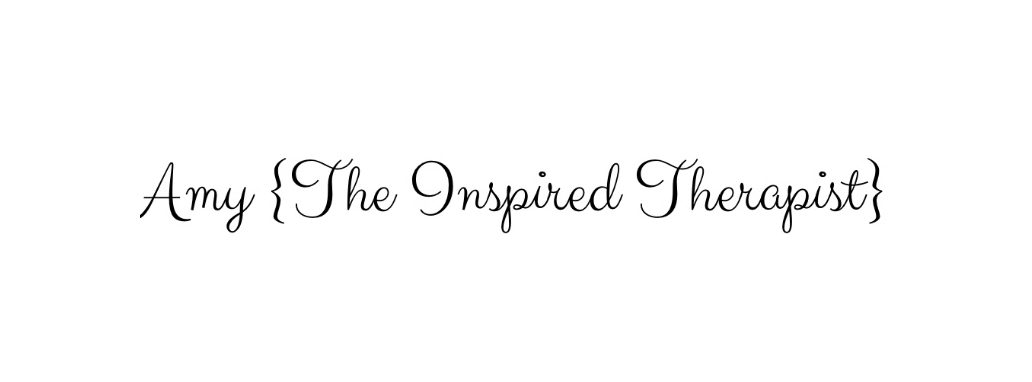
Follow along on my journey through daily struggles of motherhood, while navigating unpredictable challenges with a toxic coparent, to the rewarding growth of a beautifully blended family! All from the distinct perspective of a clinical supervisor guiding therapists through ethical dilemmas all the way to the profound therapeutic healing of an abuse victim. Bring an open heart & enjoy my adventure! Xoxo, Amy {the inspired therapist}✌️
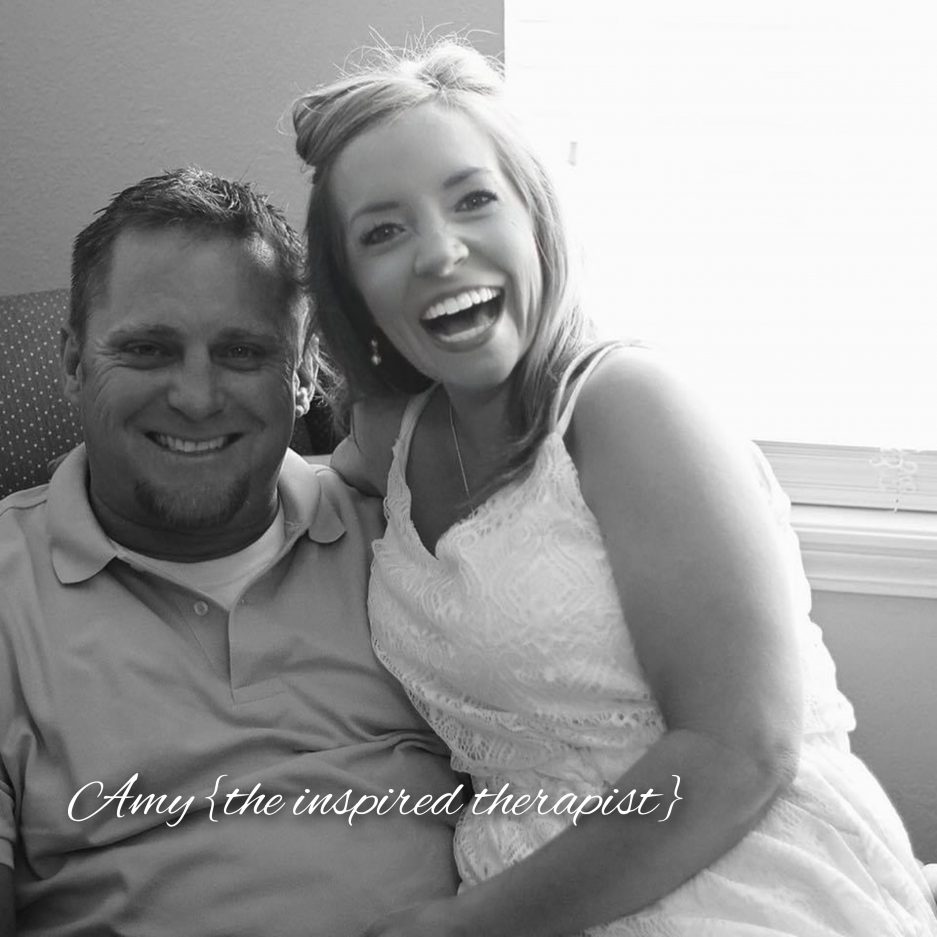

Email me if you’re interested in more information! The Inspired Therapist
Thank you for checking out my site!
Xoxo

It gives me true gratitude when I wake up to these shenanigans! I love my baby boy!

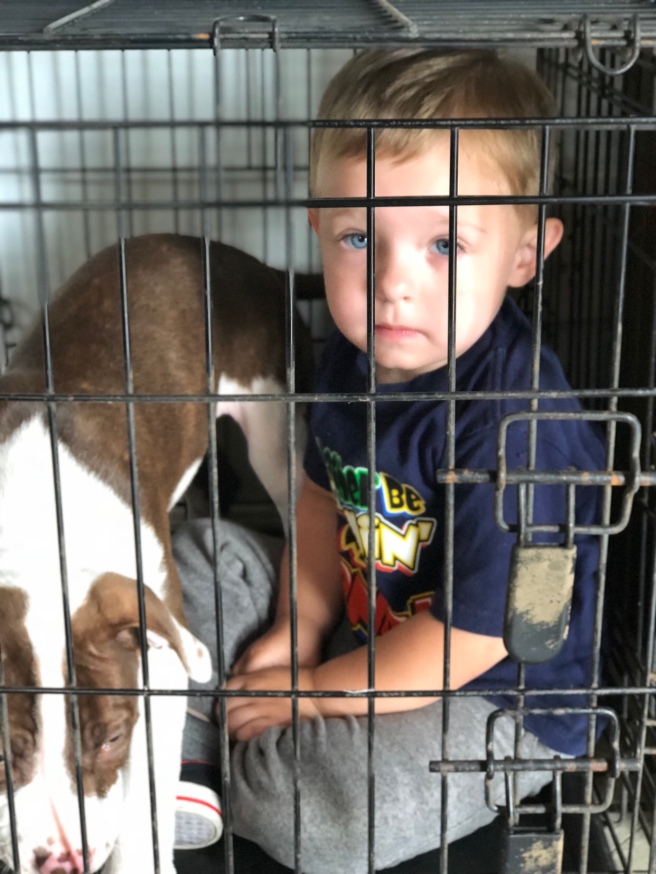
And the story of my life:
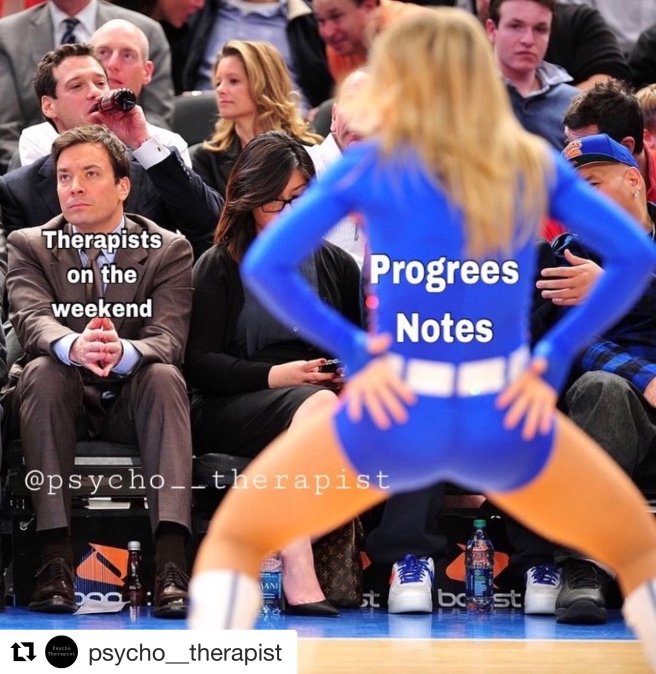
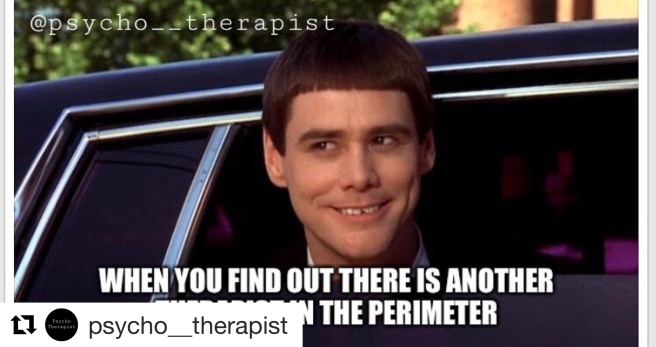
I’m gonna be totally honest with y’all. I’ve had a really tough time finishing blogs! I’ve seemingly got no problem starting one, then another, then a new idea pops into my head, so I start a brand new blog about the topic because I’m afraid I’ll forget the ideas in my head! So I end up with several unfinished blogs and then I get myself wrapped up in a book which is my recent obsession… Or I have tons of work to do and feel guilty blogging over working on my laptop and catching up.
Pretty simple: job or blog? I doubt I need to go into more detail for that topic.
I also have difficulty being totally transparent or open with my readers if I’ve got something going on that I don’t want to write about. For example, it’s totally normal to disagree with your family, but personally, I find it super hard to concentrate on anything when I’m feeling disconnected with my spouse.
Even if I feel overall pretty happy and have a fairly positive attitude with the kids and work, but my hubs and I are not on the same page as a couple, I am distracted in general. I’ve even written a blog and felt like I couldn’t be genuinely me, because I’m not all together if something is out of whack with my partner.
I know there’s no way I would ever care to be anything but myself. Hell, I worked too hard to get where I’m at, to be someone else! I literally have no interest in being anything but completely honest in life, especially in this blog. Otherwise, what’s the point? I know people that have lied and falsified themselves their entire lives to the point that they’ve got no earthly idea who they are at all.
Can you imagine not truly knowing who you are? That’s a very sad person to be. I know a few of those people and of course I am sad for them. There’s been moments in my life that I look back at in total humiliation. While those were very humbling moments, they ended up teaching me the most about myself.
When I was in denial of my alcoholism, I became a different person as I struggled to come to the point of surrender. I look back and know that I was utterly lost in my own identity and that’s when I needed the most help to find my way back! Those moments that I see similarities to others is when I know there’s a sense of secrecy – people will do almost anything to protect their secrets!
This seems to be a trend when meeting someone that is struggling in deep denial, they usually end up admitting to whatever it is that they’re in such desperation to keep hidden. As a therapist I’ve learned to look at not just what they say, but what it is that they’re NOT saying.
This is the trick. If you’re accustomed to listening for a living, you end up hearing much more in what some don’t say at all.
On a different topic:
Here’s my sweet baby boy’s school pictures that completely fill me with joy!


xoxo 😘
My very first job in the mental health field was in a residential facility for juvenile sex offenders.
It was actually my favorite clinical population over all of my years in a variety of settings, plus it was my inspiration to obtain my master’s degree in counseling psychology; which I subsequently earned as I worked there.
Due to my choice in career, I was able to have specialized training in a unique area! I also happened to be young and very optimistic, as well as a little naive of the world. This specific population truly fascinated me because I was building real relationships with seemingly normal children, although if you were to read their charts you’d see something very different. On paper, those reading would easily identify them as monsters.
I know that this is not accurate and through my experience, education and training I recognize juvenile sex offenders as much more complex than what the public would consider them.
This is why I’m blogging about a rather bizarre topic. As a therapist, I am expected to be as knowledgeable as possible in areas that would be helpful for my clients and their families. That’s a considerable amount of general knowledge. We also have a responsibility to our clients and our profession to be mindful of continuing that learning process. In order to provide the most valuable psychotherapy on any topic, we need to research, learn by reading and consulting others about information related to our current clients.
I found several different definitions for specific words that we’re discussing in this blog. I’ll do my best to pick the simplest explanation and cite it correctly!
Paraphilia: a condition in which sexual gratification comes from activities or fantasies that are generally “atypical”, meaning different and sometimes dangerous – includes several, transvestic fetishism, frotteurism, pedophilia, exhibitionism, voyeurism, sexual masochism and sadism, and even others.
Just because someone could enjoy a sexual activity that would be considered different or unique from the rest of the world, does not mean that have a paraphilia. This is actually a condition and is usually diagnosable due to it’s specific criteria.
Here’s the crucial information – NOT ALL SEX OFFENDERS, perpetrators of sexual crimes or the victims of sexual abuse are considered sexual deviants. This is usually where I find that our society gets confused.
This is important to remember if you wonder why I would choose to work with “pedophiles” – or why I would even believe that juvenile sex offenders could change. Because THEY’RE NOT ONE IN THE SAME.
I’m wondering what are your beliefs about sex offenders or those under investigation for sexual crimes, or even just youth receiving treatment for this? (Sometimes they’ve only been accused or need treatment but have not been charged. Therefore, it’s only treatment-based and individuals would not be legally considered “sex offenders”.)
Do you believe that sex offenders can change? Most of the public believes that offenders do not change, or are considered repeat (or chronic) offenders. Despite what the media portrays, the research actually shows that most sex offenders are “cured”, (I’d never assume anyone is cured, that’s crazy) but they do not offend again after treatment. Actually to be exact in the most recent meta-analysis shows that only 10% re-offends after completing treatment.
I’m excited to continue my research in this area to help my current clients.
I LOVE this stuff! What areas do you feel passionate about?
For my readers that are also therapists, you know that we strive for authenticity and help our clients reach their own most genuine self. I try to model that boldness, being unapologetically authentic at all times but most importantly for my clients.
I find that so much of how others act when behaving badly comes from insecurity in self. I do a TON of reframing using cognitive behavioral therapy with my clients as a way to use positive thinking and retrain our brain to think positive in a world of negativity!
As I’m reflecting on what negative messages I gain from the world around me, and where this negative thinking stems from, I tend to consistently see social media as a root cause.
Think of the messages young people with less life experience get from social media. It’s a sad, shallow, empty way to feel immediate gratification from cute selfies to posting things that garner negative feedback and most of all – attention!
If you have young children or teens, you are forced to see this from a parent’s perspective which typically scares me to death! Because WE as adults know the big secret: it’s NOT real!
Growing up in an age of no social media, (yes I am in my thirties) and less technology than now, we’re given a good comparison. There was no way to lose our focus on who we are and how we present to the world.
Now you can portray whatever you want the world to believe you are.
What an incredible concept!
Create a form of yourself and present that version to the world.
If you have social media, take just a minute to consider what you’re posting on a regular basis. Do you post about your arguments with your spouse?
I don’t. I have more respect for the person I truly love and share my life, heart, children and bed with.
I have seen some pretty negative stuff on Facebook or Twitter and typically it’s very immature children or people that behave like children. But for the most part, we’re probably all likely attempting to paint a pretty picture of our life. Again, some take that to a totally different level when you present a facade to others but most people I believe just choose to post the selfie that DOESN’T show their wrinkles. *raises hand* I know I do!
Of course, the millions of models, celebrities and professionals sharing only photos of their best attributes shows an extremely unrealistic expectation to our kids: perfection.
How about the options of being positive, being optimistic? Being honest and loving?
Supportive yet firm and assertive? Does this make you “fake”? I don’t think so. I think being positive is more important than being hateful or attacking others.
If that’s the case, then it sounds like a pretty good idea for you to participate in your own therapy to find authentic goodness in yourself!
How about you? Are you being authentic or fake online?
And as always: what it’s all about! My loves!
Xoxo

